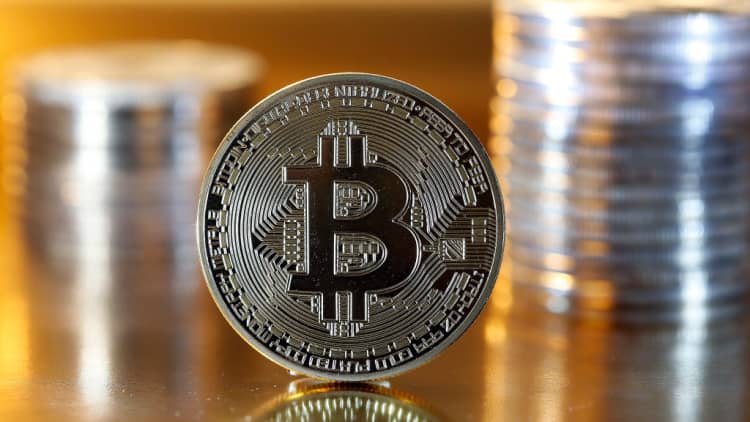
The U.S. Securities and Exchange Commission is looking to apply securities laws to everything from cryptocurrency exchanges to digital asset storage companies known as wallets.
"If a platform offers trading of digital assets that are securities and operates as an 'exchange,' as defined by the federal securities laws, then the platform must register with the SEC as a national securities exchange or be exempt from registration," the commission said in its "Statement on Potentially Unlawful Online Platforms for Trading Digital Assets."
The statement marked an expansion of scrutiny to companies involved with trading, in contrast to previous publications that focused on the digital coins and their developers.
"I think it's one more message from the SEC that they view coins as securities and they encourage everyone in the space to ... follow securities laws," said Jason Gottlieb, partner at Morrison Cohen, where he leads the cryptocurrency litigation team.
The SEC statement did not specifically name bitcoin, which fell 10 percent below the psychologically key $10,000 level following the statement release.
Current views on whether an asset is a security tends to follow the "Howey Test," which comes from a 1946 U.S. Supreme Court case. The ruling says a security involves the investment of money in a common enterprise, in which the investor expects profits primarily from others' efforts.
"I think the next step here will likely be subpoenas to exchanges, if they haven't already started. That alone may prompt some voluntary de-listing of tokens that clearly run afoul of securities laws," said Ryan Schoen, senior financial services policy analyst at Washington Analysis.
Analysts generally said the SEC's focus is less on bitcoin and more on new digital coins released through fundraisers known as token sales or initial coin offerings. The commission has increased its efforts to crack down on fraudulent initial coin offerings, which tend to promote their potential returns to investors and have attracted billions of dollars globally.
"The challenges are probably going to come up for these smaller or second-tier companies that are making a market or trading the non-foundational assets [or] ICOs," said Ryan Gilbert, partner at Propel Venture Partners, which is indirectly a minority investor in Coinbase. The statement "could also be a precursor to some enforcement actions."
Coinbase is the leading U.S. marketplace for a handful of major cryptocurrencies such as bitcoin and ethereum. The company declined to comment on the SEC's statement Wednesday.
Another U.S.-based cryptocurrency exchange called Bittrex said in a statement to CNBC that "Bittrex uses a robust digital token review process to ensure the tokens listed on the exchange are compliant with U.S. law and are not considered securities."
The company states on its website that it supports more than 190 cryptocurrencies, including bitcoin, ethereum, litecoin and dash.
In addition to online trading platforms, the SEC statement also called out companies offering "digital wallet services" for holding or storing digital assets.
"These and other services offered by platforms may trigger other registration requirements under the federal securities laws, including broker-dealer, transfer agent, or clearing agency registration, among other things," the statement said.
In February, SEC Chairman Jay Clayton said in a Senate Banking Committee hearing that he is open to exploring with Congress whether increased regulation of cryptocurrency trading platforms is necessary or appropriate.
"And I'm very unhappy that people are conducting ICOs like public offerings of stock when they should know that they should be following the private placement rules unless they're registering with us," Clayton said.
Brian Quintenz, commissioner of the Commodity Futures Trading Commission, said Wednesday that setting policy through enforcement is "something agencies in general need to avoid."
"A private cryptocurrency body could help bridge the gap between the status quo and future government regulation," Quintenz said at the Chamber of Digital Commerce's DC Blockchain Summit. "We've come to a point in cryptocurrencies where an independent body must step up to establish and enforce the rules of the game."
While the SEC has issued subpoenas and information requests around initial coin offerings, lawyers and analysts who spoke with CNBC Wednesday generally did not expect an immediate, broad crackdown on cryptocurrency exchanges in the U.S.
"I just don't know how much leverage [the SEC regulators] have over the exchange," said Joe Saluzzi, co-founder and partner at Themis Trading, an equities brokerage. "It's certainly another sign that a [bitcoin] ETF is never going to be approved until they clean up the underlying."
"It sounded more like a warning to me, almost like a disclaimer," he said. "The statement is a reminder that cryptocurrencies are "the wild west, and investor beware."
WATCH: Republican CFTC commissioner on crypto regulation



